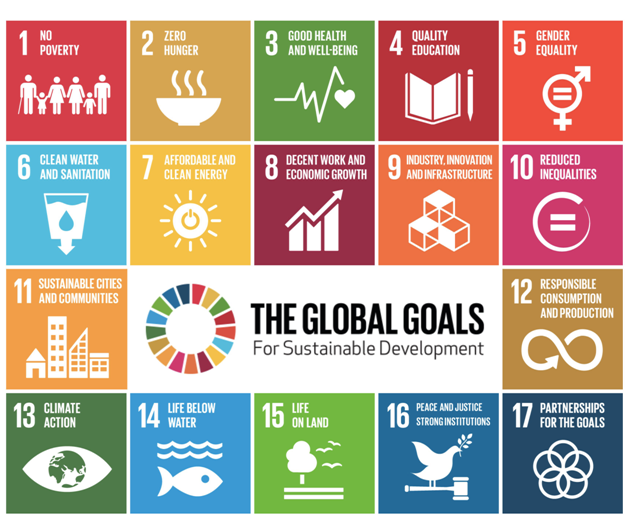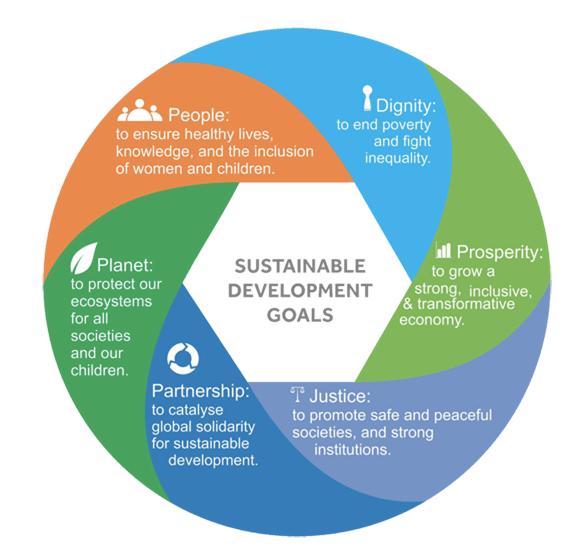India’s Smart Cities Mission wins the Platinum Icon in Digital India Awards 2022
Why in the News?
- DataSmart Cities Initiative awarded the Digital India Awards 2022 under ‘Data Sharing and Use for Socio Economic Development’ category
- The initiative is a key step in creating a robust data ecosystem that enables evidence-based decision-making in cities
- The Smart Cities Mission, Ministry of Housing & Urban Affairs won the Platinum Icon in the Digital India Awards 2022 for their initiative “DataSmart Cities: Empowering Cities through Data” under the ‘Data Sharing and Use for Socio Economic Development’ category.
- The award was announce on 19th December 2022.
- The DataSmart Cities Initiative is a key step in creating a robust data ecosystem that enables evidence-based decision-making in cities.
Digital India Awards (DIA):
- Digital India Awards (DIA) was instituted by the Ministry of Electronics and Information Technology in 2009.
- The Government of India has adopted a Digital India vision to transform India into a digitally empowered society & knowledge economy. To realise this vision, it is imperative that the focus be sharpened on the use of innovative digital initiatives to not only enable governance & services on demand, but also to empower citizens.
- Indian government entities at all levels – Centre, State & local bodies – continue undertaking various initiatives to fulfil the Digital India vision. Due recognition should be accorded to such digital initiatives along with the teams that help build & implement them.
- Digital India Awards (DIA) presents an opportunity to bring to the fore such digital initiatives. These awards are instituted under the aegis of National Portal of India to encourage and honour innovative digital solutions by government entities at all levels. It aims to inspire and motivate not only government entities but also startups in fulfilling the Digital India vision.
Eligibility:
Categories:
- Digital Initiatives at Grassroot Level
- Recognizing initiatives that use Digital Technology e.g., AI, Blockchain, Drones, IoT, ML, GIS, etc. in domains like agriculture, health, education, employment, labour, skilling etc. at the level of Panchayats, Local Bodies, Sub-Districts.
- Nominations to be authorized by the District Collector.
- Local Bodies can apply.
- Digital Empowerment of Citizens
- Universally accessible, anytime anywhere access to Digital resources and promoting collaboration in participative governance and digital literacy leading to enhanced ease of living.
- All Govt entities can apply.
- Digital Initiatives for Ease of Doing Business
- Digital initiatives creating significant impact by reducing the time, costs and efforts in setting up, conducting and operating business activities viz. single window clearance system, etc.
- All Govt entities can apply.
- Public Digital Platforms – Central Ministries, Departments and States
- Excellence in design and implementation of a Public Digital Platform with a wide scale coverage and having high impact in the society (evaluation criteria may carry extra weightage for initiatives by North Eastern States). Nominations would be evaluated to select two awardees each for central and state level.
- Govt entities – Central Ministries/Departments & States can apply.
- Data Sharing and Use for Socio Economic Development
- Sharing of Government Data by Ministries/Departments/Organizations, States, Smart Cities and ULBs to a central repository to create a vibrant data ecosystem in the country for analysis, decision making, innovation, services, economic development and public good (The category would encompass data sharing initiatives beyond Open Data and extra weightage would be given to those publishing datasets on gov.in).
- All Govt entities can apply.
- Digital Initiatives in Collaboration with Startups
- Excellence by Government Entities in collaboration with Startups (as recognized by DIPP) for enhancement and/or transformation of digital governance, improving the experience of digital services and digital empowerment of citizens i.e., fulfilling Digital India Vision.
- Govt entities who have collaboration with Startups can apply.
- Best Web & Mobile Initiatives Complying with GIGW & Accessibility Guidelines
- Web & Mobile initiatives ensure universal accessibility along with rich content and barrier-free access on any device.
- All Govt entities can apply.
DataSmart Cities Initiative – Smart Cities Mission
- The National Smart Cities Mission is an urban renewal mission launched on June 25, 2015, to promote cities to provide core infrastructure, a clean and sustainable environment, and a decent quality of life to their citizens through the application of ‘smart solutions’.
- The purpose of the Smart Cities Mission is to drive economic growth and improve the quality of life of people by enabling local area development and harnessing technology, especially technology that leads to Smart outcomes.
- The Ministry of Housing and Urban Affairs (MoHUA) is the implementing ministry in collaboration with the respective state governments. It is a centrally sponsored scheme that initially included 100 cities to be covered between 2019 and 2023.
Features of the Smart Cities Mission:
The use of Information and Communications Technology (ICT) is the major aspect of the mission.
- For this Integrated Command and Control Centres(ICCCs) were set up by the municipalities.
- The ICCCs are set up to coordinate traffic management, surveillance, utilities, and grievance redressal.
- Out of the 100 municipalities in the Smart Cities Mission, the ICCCs of 70 cities are online or operational.
- These ICCCs were converted into CoVID-19 war rooms during the peak of coronavirus pandemic for public areas surveillance, tracking positive cases and health workers, heat mapping, virtual training, etc.
The Ministry of Urban Development has identified 24 key areas that cities must address in their ‘smart cities’ plan.
- Out of these 24 key areas, three are directly related and seven are indirectly related to water such as Smart-metre management, leakage identification, preventive maintenance, and water quality modeling.
Smart Cities Mission is one of the mechanisms that will help functionalize the nationwide implementation of the Sustainable Development Goals (SDG) with priorities like poverty alleviation, employment, and other basic services.
Sustainable Development Goals (SDGs)
The Sustainable Development Goals (SDGs), are officially known as Transforming our world: the 2030 Agenda for Sustainable Development. There are 17 Sustainable Development Goals, associated 169 targets and 304 indicators.This included the following goals:





